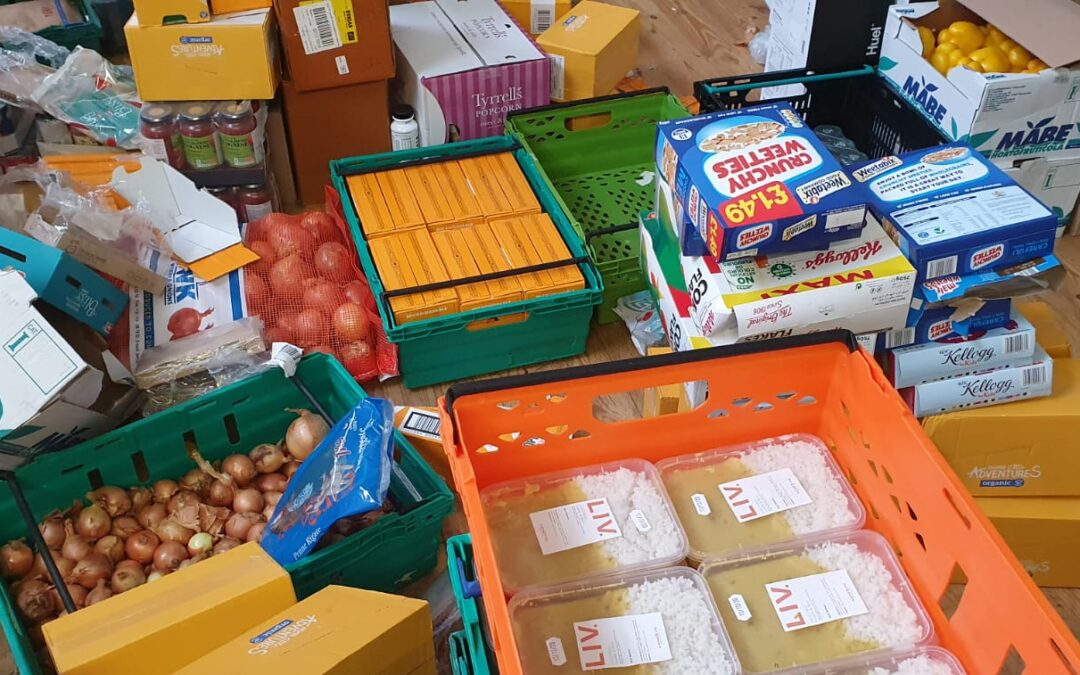In the week when the Mile End foodbank expands, moving to new premises (now supporting nearly 700 households). A Joseph Rowntree Foundation-funded report by the Institute for Social Policy, Housing, Equalities Research shows the rising levels of destitution. Below is a link to the full report as well as a snapshot of some findings.
Definition of Destitution
Institute for Social Policy, Housing, Equalities Research at Heriot-Watt University developed a definition of destitution based on publicly agreed minimum levels of income needed for “basic physiological functioning”. For a single person living alone that is £70 a week after rent for food, heat, light, clothing and footwear, and toiletries like soap and toothpaste.
Context – A Decade of Austerity
A decade of austerity cuts shrank the benefits bill by £37bn, – increasing the vulnerability of low-income families to unexpected “income shocks” – loss of income, urgent repairs, a higher-than-expected gas bill or council tax bill. Worse, the benefit system itself – in the form of the five-week wait for a universal credit payment – seemed in itself to create indebtedness, hunger and destitution.
Impact of Covid-19 on Destitution
The report concludes that not only has the scale of destitution grown and intensified – especially in some of the poorest areas, but that it is likely to double to 2 million households – including 1 million children – as the Covid economic crisis deepens.
“Our findings clearly show that levels of destitution in the UK were already rising sharply prior to the pandemic and the impact of Covid-19 has intensified the difficulties many people face accessing the help they need to meet their most fundamental needs,”
“The sheer scale of the issue is unacceptable in one of the world’s richest countries and starkly reveals the devastating impact of the gaps, flaws and deductions in universal credit and other aspects of the social security system that lead to destitution by design.”
The Unreliability of the Charitable Sector, Links to Housing and Mental Health
The report in the research found the intrinsic unreliability of the charity response. Many destitute people they interviewed couldn’t get referrals to food banks. The centrality of housing affordability to destitution is underlined, as well as the impact of extreme poverty on physical and mental health.
Link to full report
‘DESTITUTION IN THE UK 2020’ – TECHNICAL REPORT
https://pureapps2.hw.ac.uk/ws/portalfiles/portal/43031740/Destitution2019_Technical_Report.pdf
Glen Bramley, Suzanne Fitzpatrick and Filip Sosenko
Institute for Social Policy, Housing and Equalities Research (I-SPHERE)
School of Energy, Geosciences, Infrastructure and Society
Heriot-Watt University
Edinburgh EH9 2JR


Recent Comments